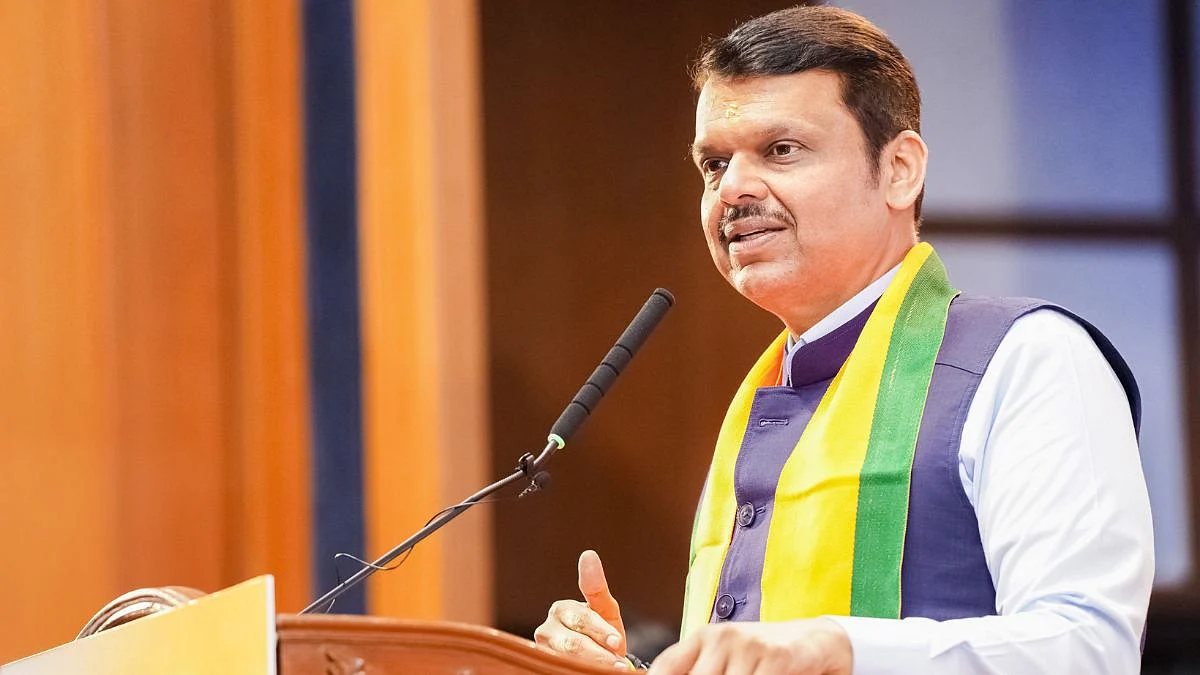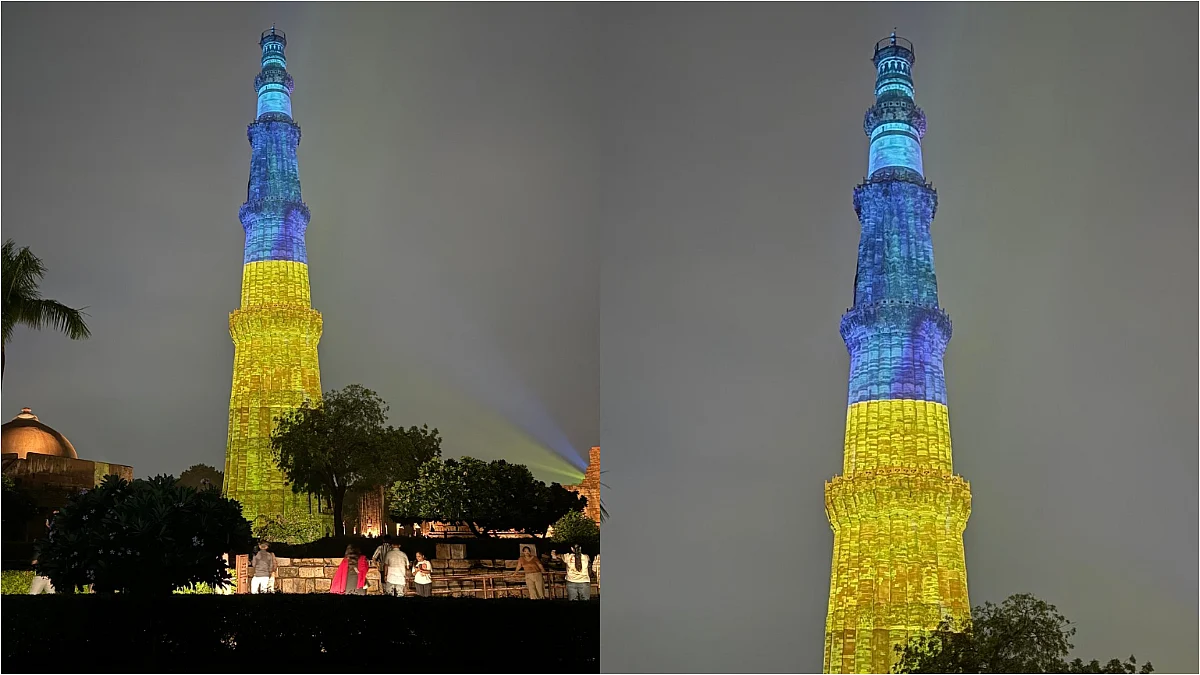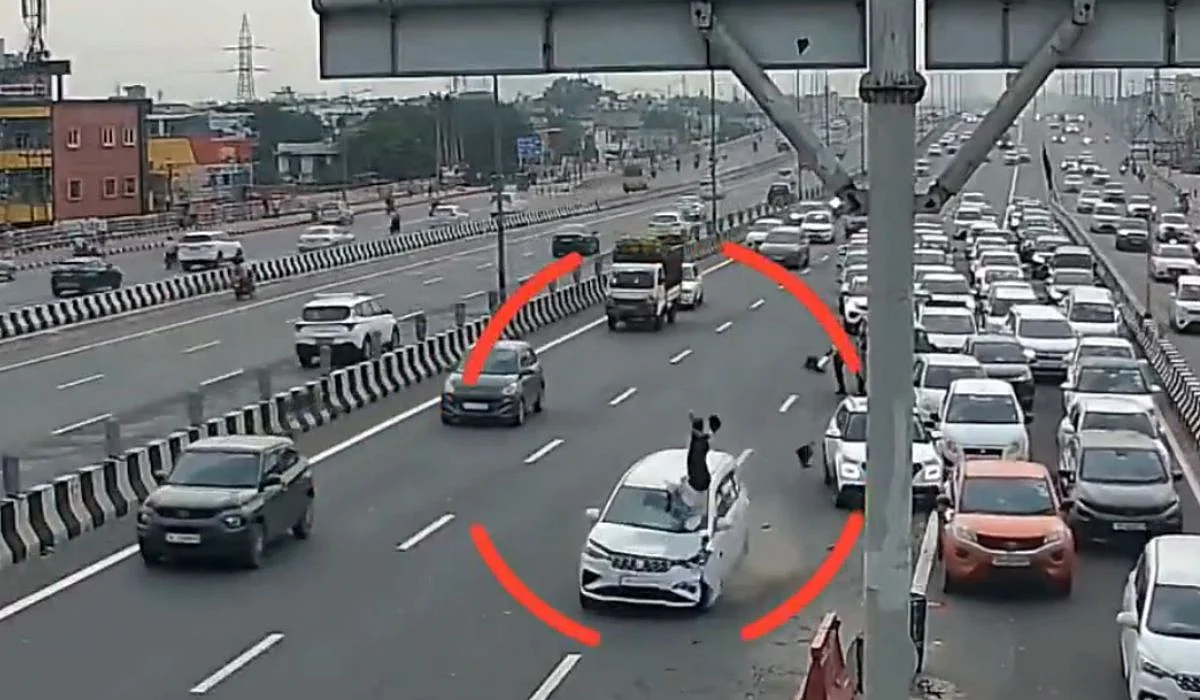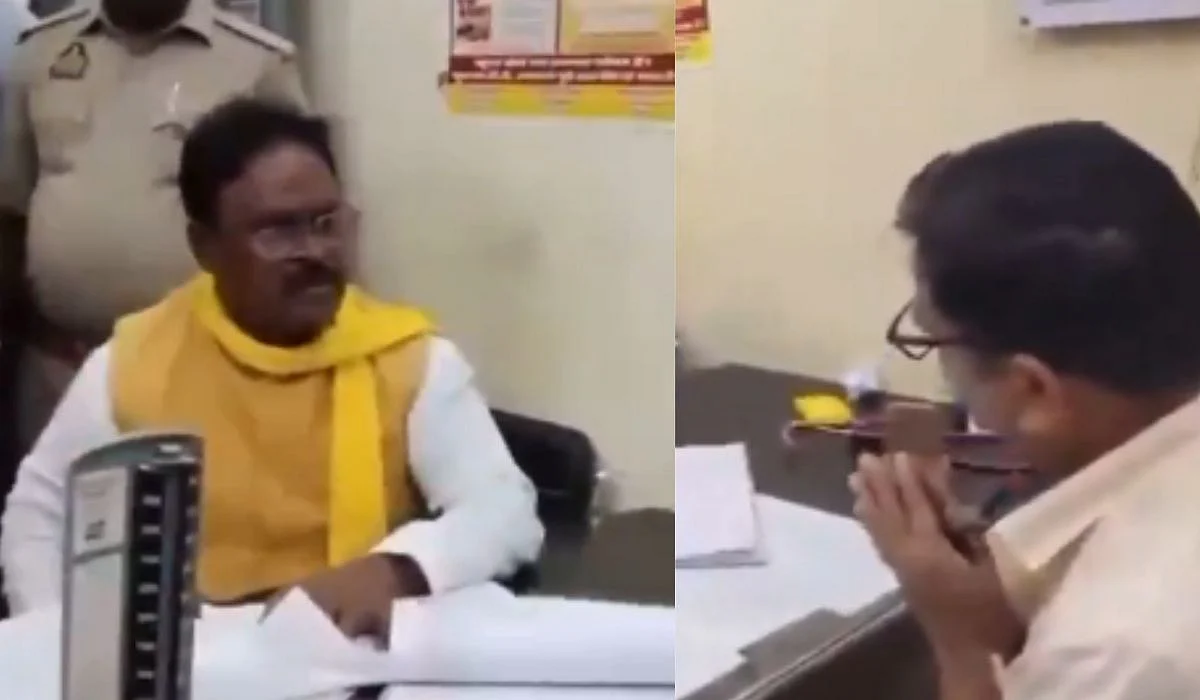The US Centers for Disease Control and Prevention (CDC) and State Department has eased COVID-19 restrictions for those travelling to India.
As per the CDC’s website, COVID-19 travel recommendation for India has been reduced from ‘Level 3' which implies high risk of contracting the virus to 'Level 1', meaning low risk.
"The Centers for Disease Control and Prevention (CDC) has issued a Level 1 Travel Health Notice due to COVID-19, indicating a low level of COVID-19 in the country. Your risk of contracting COVID-19 and developing severe symptoms may be lower if you are fully vaccinated with an FDA authorized vaccine," the US department of state said in a statement.
"Before planning any international travel, please review the CDC's specific recommendations for vaccinated and unvaccinated travellers," the statement added.
The agency has also recommended that travellers wear a well-fitting mask in indoor spaces and follow the COVID guidelines of India, including mask wearing, proof of vaccination, testing, or quarantine.
In addition, the Level 1 rating means that tourists are urged to be fully vaccinated before traveling to this destination.
While giving key information for travellers to India, the CDC said, "Make sure you are vaccinated and up to date with your COVID-19 vaccines before travelling to India. Even if you are up to date with your COVID-19 vaccines, you may still be at risk for getting and spreading COVID-19. Anyone 2 years or older should properly wear a well-fitting mask in indoor public spaces. Follow all requirements and recommendations in India."
CDC uses Travel Health Notices (THNs) to alert travellers and other audiences to health threats around the world and advise on how to protect themselves.
There is a fresh surge in Covid cases around the world - infections are rising in the UK and parts of Europe. China and Hong Kong are seeing their largest spike in cases in more than two years.
With more than 40 million confirmed cases, India has the world's second biggest caseload, behind US. More than half a million deaths have been officially recorded - the third largest toll in the world.
However, in India, daily new cases have fallen to their lowest in nearly two years.
The Omicron variant - which carries more than 50 genetic mutations and is now causing a fresh wave of infections in parts of the world - ripped through India in the winter. Cases have now receded.
India has administered more than 1.8 billion doses of vaccine so far, fully vaccinating 80% of adults. Some 94% have received the first dose. So restrictions have been lifted, and much of life and business has returned to normalcy.
A controversial modelling study by scientists at IIT, India's top technology school, has predicted a fourth wave beginning in June and peaking in August.
But many epidemiologists are deeply sceptical of the study and cautiously optimistic about the future.
One reason, they say, is that most Indians have acquired protective immunity to the virus by contracting the infection or by getting the vaccine. Also, a majority of Indians are vaccinated - and many have had breakthrough infections after being jabbed.











